It is almost as Louis van Gaal had imagined. In year two of his grand plan, he foresaw the Premier League title being won at Old Trafford. And so it might be on Sunday; just not by Manchester United.
The champions-in-waiting Leicester City are an indictment of all the pre-season favourites. Yet the sight of them celebrating at Old Trafford should underline how much Leicester have got right and how much United have got wrong: in results, but also in the factors that cause them, whether tactics, transfers or overall strategy.
The bare facts are that Claudio Ranieri’s preferred starting XI cost just £22 million while Van Gaal has overseen a £285m outlay in his two years in England. He likes to complain that United are forced to pay a premium for players. Yet, as the acceptance Anthony Martial could cost United £60m shows, that would not be an issue if those recruits were the right ones.
Instead, Van Gaal stands accused of spending too much on the wrong players, ones who were unsuited either to United or the Premier League in general, and of failing to construct a team. Leicester are greater than the sum of their parts, United less than the sum of theirs. It is an understatement to say none of Van Gaal’s buys are bad players but perhaps only Martial and Daley Blind can be classed as successes. Injury may have cruelly deprived Luke Shaw a place on that short list but succeeding with two of 13 signings represents an unsatisfactory strike rate.
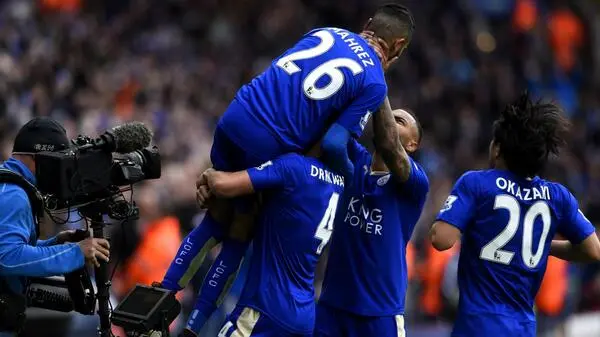
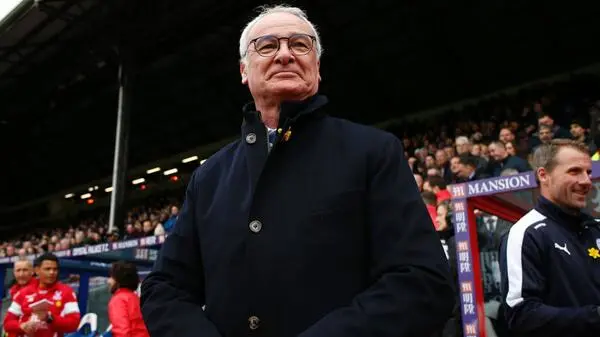
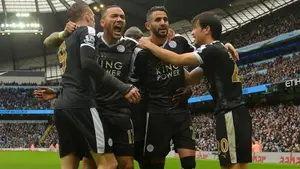
Leicester are the great contrast, the best buyers in England. N'Golo Kante is a shoo-in for the unofficial award for the signing of the season, a £5.6m ball of energy. The newly-crowned PFA Player of the Year Riyad Mahrez is, at £450,000, the bargain of the decade. The 22-goal Jamie Vardy, who only cost £1m, would deserve that tag but for the Algerian. What Leicester show is the importance of possessing an infrastructure and a scouting system. Steve Walsh, the head of recruitment, deserves credit for many of their arrivals. Leicester have had continuity behind the scenes. United have not.
Yet Leicester also have a manager who has proved capable of working with his predecessor's players and with his scouting staff’s buys. Claudio Ranieri has slotted in seamlessly. Rather than revamping the team and the style of play to reflect his beliefs, he showed a pragmatic appreciation of what Leicester already possessed. He changed the formation from 3-5-2 to 4-4-2. Otherwise, he was clever enough to recognise that he didn’t need to fix something that wasn’t broken.
In many ways, Leicester aren’t Ranieri’s team – his flagship buy, Gokhan Inler, languishes on the bench because the Italian quickly realised his midfield required Kante’s urgency and energy – whereas Van Gaal has made his mark on United's side but also, damningly, on their substitutes' bench.
Take the team that won last week's FA Cup semi-final against Everton. Three starters were his signings, a further three homegrown players who he had granted debuts but, tellingly, three more of his buys were among the unused replacements. Morgan Schneiderlin, Memphis Depay and Matteo Darmian cost around £65m between them.
Van Gaal lost £16m on Angel Di Maria alone. The Argentine blamed the Dutchman for picking him out of position. The Dutchman blamed the Argentine for not blaming himself. The blame game was an illustration of Van Gaal’s quixotic management. His infamous philosophy suited neither the quick, direct Di Maria nor United, given their attacking traditions. The shame is that Di Maria’s attributes ought to have rendered him ideal for United; just not Van Gaal’s United.
Whereas Ranieri adopted the quintessentially English 4-4-2, focusing less on the technical than the physical, harnessing their spirit, defensive resolve and will to win in a manner that makes them reminiscent of past British teams, Van Gaal has employed a series of systems and produced one of the most inexplicably unEnglish sides the Premier League has seen. Never in the division’s history has a top team had so much of the ball and done so little with it. Leicester, with much less possession, have scored 50 percent more goals than United.
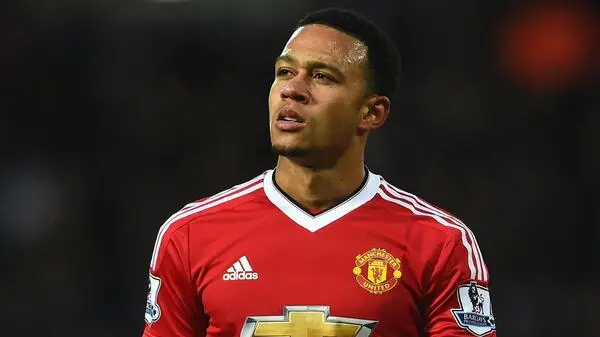
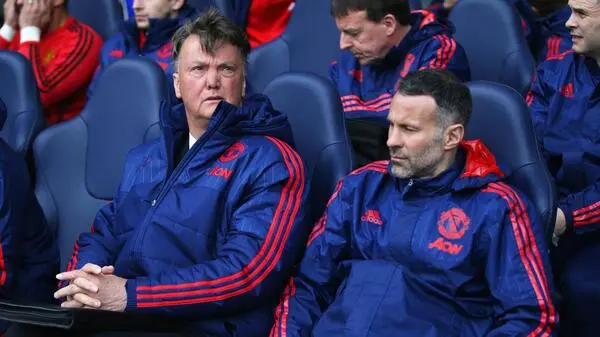
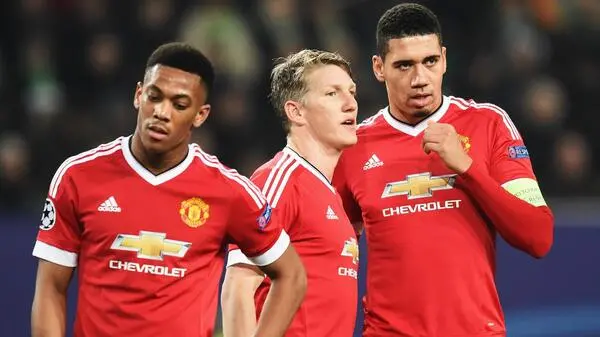
Leicester signed Kante to win the ball back. United bought Bastian Schweinsteiger to pass it sideways. The Frenchman was born for English football, the German an Anglophile who was better suited to it in his younger days. He was a statement signing who has struggled, Kante one who slipped into the country almost unnoticed and who has dominated matches.
He was just what Leicester needed. Inler apart, they have been far better at making signings either to fill a void in their side or with the qualities that enable them to gel with their new colleagues. Players have progressed at the King Power. They have regressed at Old Trafford, as the deluxe benchwarmers Darmian, Depay and Schneiderlin show. United still look a mish-mash, forever three players and a new game plan short of being the finished article. They have had £285m worth of transition.
For all the focus on signings, more of a manager’s job is to work with those players at his disposal. Ranieri has done so brilliantly; Van Gaal with rather more mixed results. The consequence is that, long after Leicester ended one of Van Gaal’s ambitions, they could deliver a fatal blow to another. Year three of his grand plan was earmarked as the season when United win the Champions League. If Leicester secure a title-clinching victory, it might in effect knock United out of the race to even qualify for it. As two of his dreams would die together, Van Gaal’s embarrassment would be complete.
...
- Goal